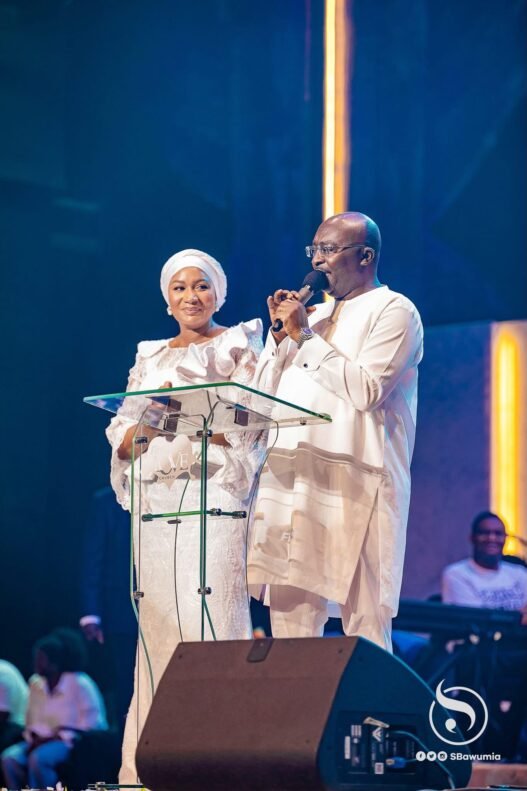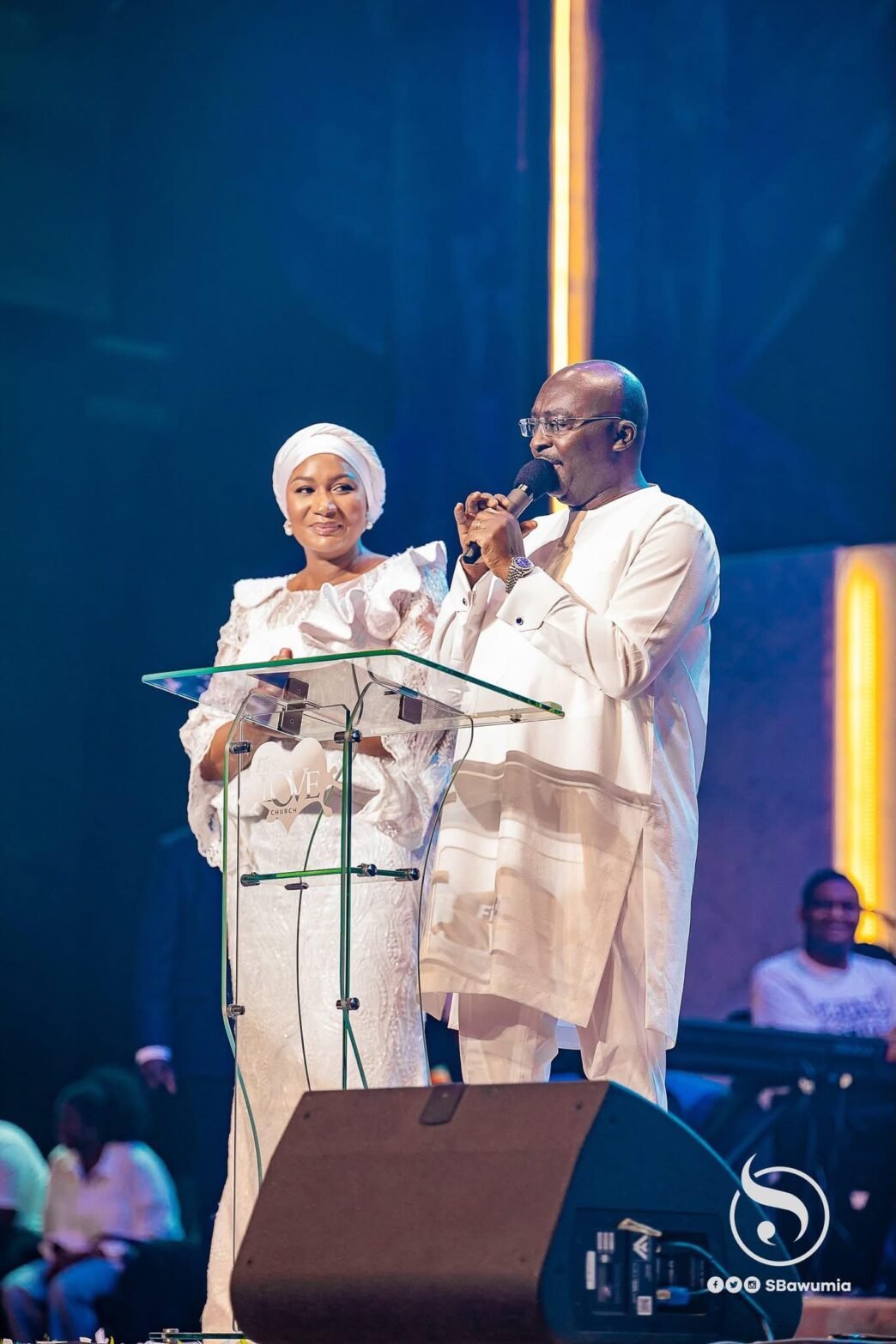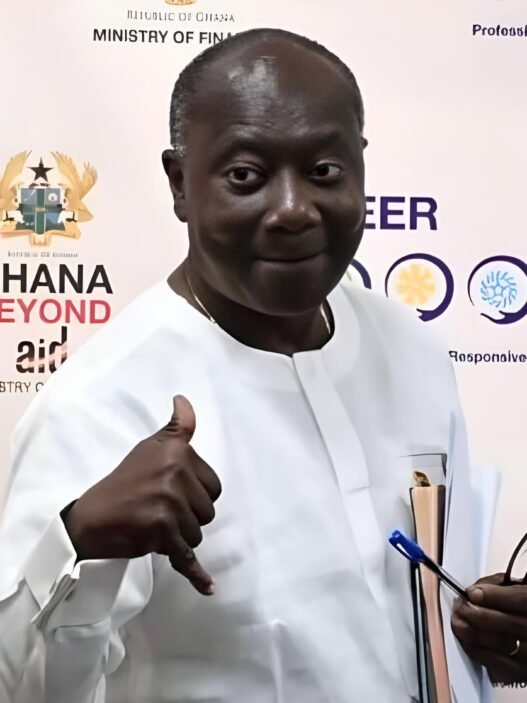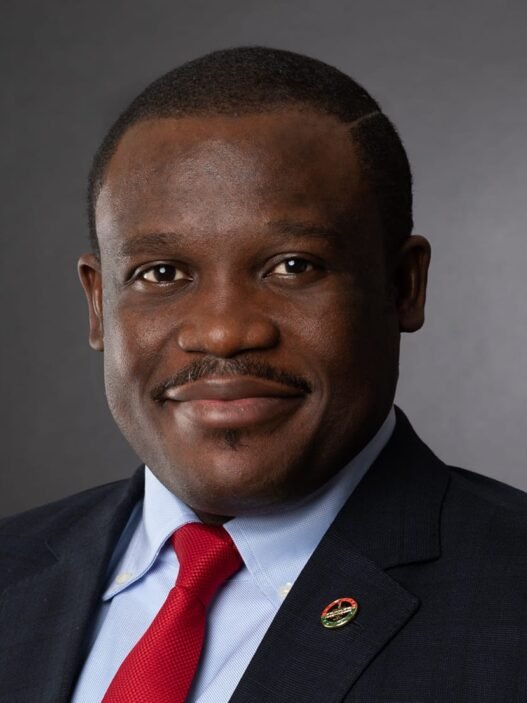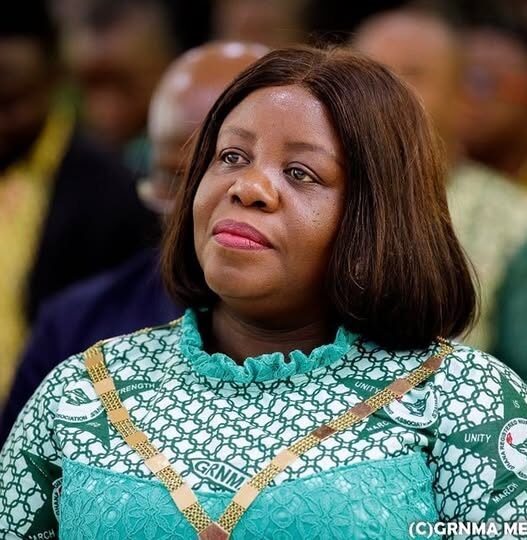Dr. Mahamudu Bawumia, once celebrated as the technocratic cornerstone of the New Patriotic Party, now finds himself in opposition, with diminished political leverage, a quieted rhetorical presence, and a legacy weighed down by the unresolved contradictions of his tenure. After eight years as Vice President, chair of the Economic Management Team, and the face of Ghana’s digital agenda, he couldn’t convince the Ghanaian people to hand him the top job. And who can blame them? You can’t promise transformation, deliver disaster, and expect applause.
The 2024 election wasn’t just a loss for Bawumia, it was a nationwide verdict on dishonesty, broken promises, and elite gaslighting. The man who once said the cedi would stabilise if the fundamentals were strong presided over the most humiliating currency collapse in decades. The man who lectured us on economic prudence now stands as the poster child of an IMF bailout, a domestic debt exchange that robbed pensioners, and a financial sector cleanup that decimated businesses. And yet, he thought he could rebrand. Reintroduce himself. Like Ghana is some forgetful toddler.
The truth is simple: Bawumia wasn’t sidelined, he was central. He had power. He had influence. He was the loudest voice in opposition, and the most silent man in government when it mattered. When Ghanaians cried over E-Levy, fuel hikes, food inflation, and unemployment, Bawumia turned into a ghost. No lectures. No infographics. Just silence and QR codes. He didn’t just fail to speak, he chose not to.
So when he emerged in 2023 with a campaign full of vague promises and tired slogans, the people saw through the performance. No amount of church visits, digital nostalgia, or Islamic humility could erase the lived experiences of the Ghanaian people under his watch.
And yet, I must admit, and I do so without contradiction, I genuinely admire Dr. Bawumia for one thing: his wisdom and maturity in accepting early defeat. While others might have chosen to cry foul or cook up conspiracies, he bowed out with grace. In doing so, he preserved a measure of dignity and contributed to the democratic process in a way many seasoned politicians have failed to.
I also cannot ignore the silent but powerful contribution of his wife, Hajia Samira Bawumia, whose bold Afrocentric fashion sense has elevated Ghanaian design and boosted our fashion industry in ways data will never fully capture. Her elegance, poise, and cultural pride became a soft power force, making headwraps presidential and kente timeless. In many ways, she succeeded where official trade policies failed: making Ghanaian identity fashionable again.
And finally, even in critique, I must respect Dr. Bawumia’s calm demeanor. In a political climate often drenched in aggression, insults, and performative arrogance, his ability to maintain composure, sometimes to a fault, stands out. He may have been silent at the wrong times, but he was never erratic. In the age of political hysteria, his restraint is a rare currency.
But that’s the paradox, isn’t it? A man with grace, intelligence, and charisma who nevertheless became the face of economic collapse. His failure wasn’t just technocratic, it was moral. For all his brilliance, he could not, or would not, confront the rot that unfolded under his nose. And history will not forgive that.
Today, he sits where he belongs. Not as a reformer. Not as a saviour. But as a symbol of what happens when smart men choose silence in the face of suffering.
Ghana remembered.









